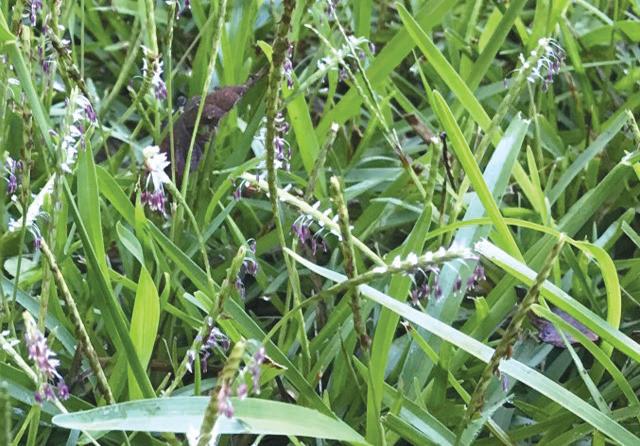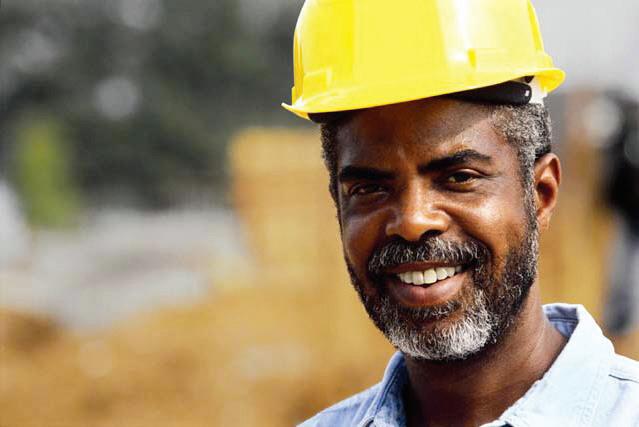INDUSTRY
Hemp production
Examining potential issues by Allison Fortner for CAES News
if there would there be a negative perception or externalities associated with these hemp processors coming [into communities].” With the passage of the 2018 U.S. Farm Bill, hemp was legalized as a crop in all states. Though hemp is not a novel crop, the legislation opened opportunities for markets in new areas and resulted in a fast push to produce and process the plant.
A survey conducted by UGA researchers examined whether respondents had any concern about the growing of hemp and the creation of hemp products in their area. Hemp is a promising new industry for profitability, but growers of this newly
UAC MAGAZINE | SPRING 2021
legal crop will face a mix of public opinions according to University of Georgia research into challenges those in the hemp business may face in the southeastern United States.
38
A recently published article in the Journal of Agricultural and Applied Economics identified the concerns nearby residents may have with local hemp production and processing. The study was led by UGA College of Agricultural and Environmental Sciences faculty Benjamin Campbell and Julie Campbell in collaboration with Adam Rabinowitz at Auburn University. “We got involved in doing hemp economics two years ago when it was passed with the legislature,” said Benjamin Campbell, associate professor and UGA Cooperative Extension specialist in the Department of Agricultural and Applied Economics. “We started asking
The research team initially examined budgeting and markets surrounding hemp but found there was a lack of research in hemp production perception. They sought to identify potential problems that could arise in communities where the crop is grown and processed into various goods. “We kept seeing people concerned about light pollution and the smell in popular press-type reports,” said Julie Campbell, an assistant research scientist in the Department of Horticulture. The group put together a list of questions that was distributed via an online survey to southeastern U.S. residents. The responses were representative of the population, with consideration to household income, race, education level, age and gender.
Demographic considerations The survey examined whether respondents had any concern about the growing of hemp and the creation of hemp products in their area. Researchers found that Republicans are 4.8% more concerned about hemp production and 4.9% more concerned about processing than Democrats. Therefore, the political landscape should be considered when hemp firms are garnering local community support.



















